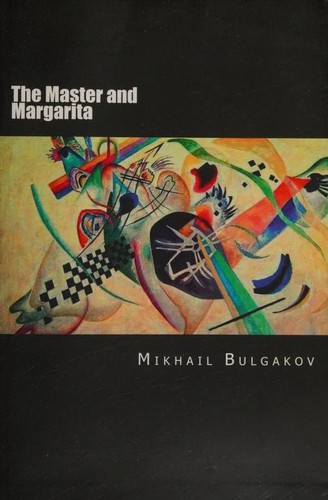Tapa blanda, 264 páginas
Idioma Russian
Publicado por [publisher not identified].

Tapa blanda, 264 páginas
Idioma Russian
Publicado por [publisher not identified].
The Master and Margarita (Russian: Мастер и Маргарита) is a novel by Soviet writer Mikhail Bulgakov, written in the Soviet Union between 1928 and 1940 during Stalin's regime. A censored version, with several chapters cut by editors, was published in Moscow magazine in 1966–1967, after the writer's death, by his widow. The manuscript was not published as a book until 1967, in Paris. A samizdat version circulated that included parts cut out by official censors, and these were incorporated in a 1969 version published in Frankfurt. The novel has since been published in several languages and editions. The story concerns a visit by the devil and his entourage to the officially atheistic Soviet Union. The devil, manifested as one Professor Woland, challenges the Soviet citizens' beliefs towards religion and condemns their behavior throughout the book. The Master and Margarita combines supernatural elements with satirical dark comedy and Christian philosophy, defying …
The Master and Margarita (Russian: Мастер и Маргарита) is a novel by Soviet writer Mikhail Bulgakov, written in the Soviet Union between 1928 and 1940 during Stalin's regime. A censored version, with several chapters cut by editors, was published in Moscow magazine in 1966–1967, after the writer's death, by his widow. The manuscript was not published as a book until 1967, in Paris. A samizdat version circulated that included parts cut out by official censors, and these were incorporated in a 1969 version published in Frankfurt. The novel has since been published in several languages and editions. The story concerns a visit by the devil and his entourage to the officially atheistic Soviet Union. The devil, manifested as one Professor Woland, challenges the Soviet citizens' beliefs towards religion and condemns their behavior throughout the book. The Master and Margarita combines supernatural elements with satirical dark comedy and Christian philosophy, defying categorization within a single genre. Many critics consider it to be one of the best novels of the 20th century, as well as the foremost of Soviet satires.